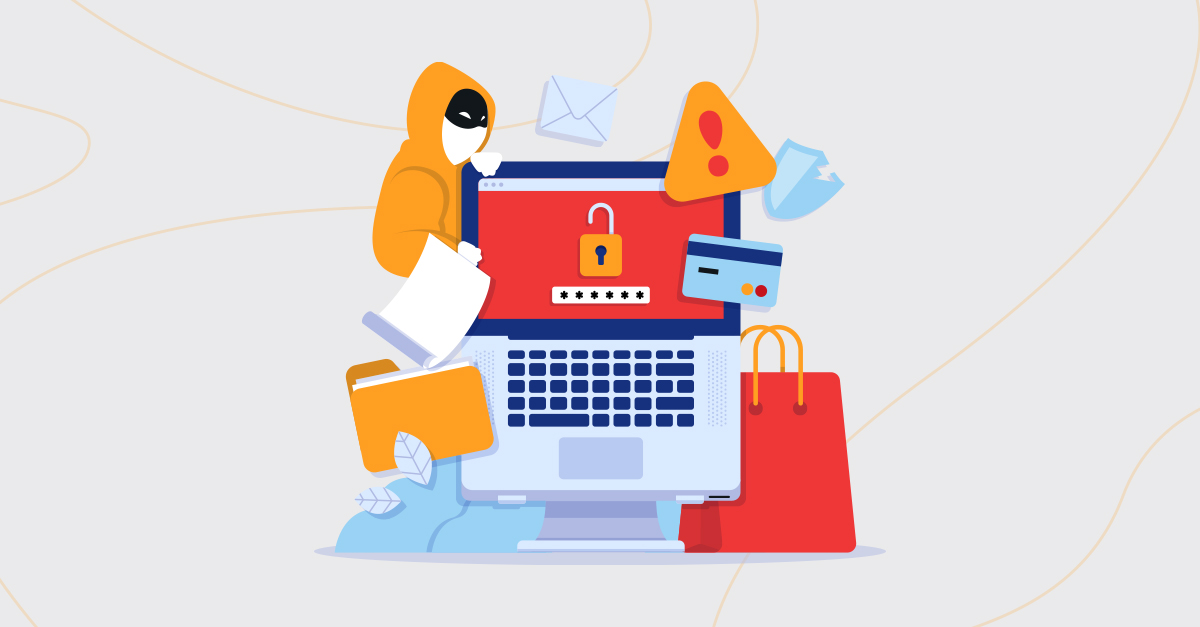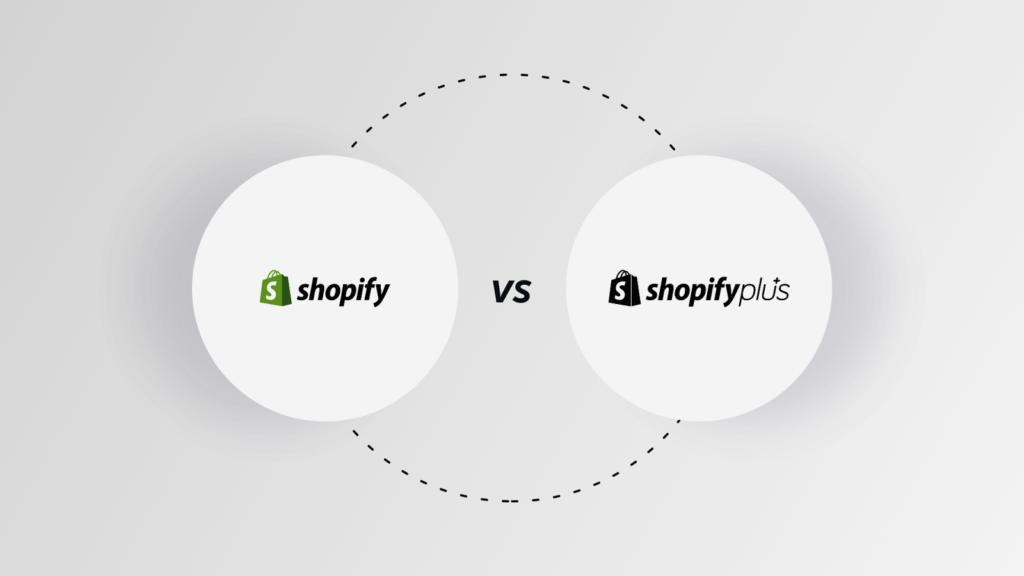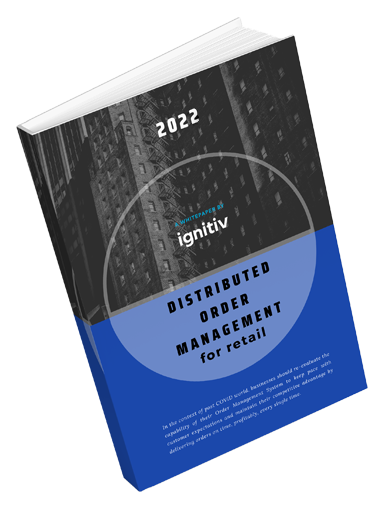Securing your e-commerce site is vital today. With cyber threats on the rise, safeguarding sensitive customer information and ensuring the integrity of your platform are non-negotiable priorities.
This blog takes a deep dive into the complexities of securing your eCommerce site. It sheds light on common security risks and the repercussions of inadequate measures. We also unravel the five pivotal factors demanding attention in your security strategy.
Common Security Risks in eCommerce
eCommerce ventures are in the firing line, with a whopping 75% of fraud, data, and financial theft incidents targeting these platforms. Additionally, a startling 32% of organic traffic to e-retail websites comes with malicious intent, emphasizing the pressing need for robust security.
- Payment Fraud: eCommerce entities incur an astonishing annual loss of $48 billion due to payment fraud, with businesses facing an additional $207 in losses for every $100 lost to fraudulent orders.
- Data Breaches: eCommerce is deeply troubled by data breaches that put customer trust at risk. Hackers persistently aim for confidential customer information, resulting in disastrous consequences.
- Phishing Attacks: Phishing dominates eCommerce fraud, impacting 43% of eCommerce businesses in 2023.
- DoS and DDoS Attacks: eCommerce websites frequently fall victim to troublesome DoS and DDoS attacks, which overload the site’s capability resulting in it becoming unreachable for valid users.
- Malware: Malware always endangers sites, putting at risk the integrity of transactions and compromising user’s personal information.
Impact of Inadequate Security Measures
- Financial Loss: IBM expressed the severe financial effects of compromised security that left companies struggling with significant monetary losses. On average, a data breach costs $4.45 million, as reported in 2023.
- Damage to Reputation: Security breaches hold the possibility of causing a serious hit to a business’s good name. This is because they shake the faith and assurance of customers and stakeholders.
- Loss of Customer Trust: Successful business relationships are built on trust. Inadequate security measures jeopardize this foundation.
- Disruption of Business Operations: The normal functioning of businesses gets interrupted due to security breaches. This leads to system failures, downtime, and chaos.
- Legal Consequences: Non-compliance with security regulations may result in severe legal consequences, as exemplified by the GDPR’s imposition of substantial fines for infractions, reaching a shocking $1.2 billion in 2021.
5 Factors to Consider While Securing Your E-commerce Site
1. Install an SSL Certificate
SSL certificates are important for safety in online commerce. They change information into a secret code that travels between the user’s web browser and the website server, protecting sensitive data like payment details.
Studies indicate that 61% of buyers insist on finding an SSL-certified website before finalizing a purchase. In addition, an overwhelming 84% of consumers would abandon a transaction if they detected an unsecured connection. This underscores the essential role SSL certificates play in protecting transactions and promoting confidence among internet shoppers. So, eCommerce businesses must give importance to the use of SSL certificates. This will protect customer information and make them confident.
2. Keep Your Software/System Up-to-date
Hackers exploit security vulnerabilities in outdated software to infiltrate e-commerce websites, thereby jeopardizing sensitive data and eroding consumer trust. This poses a significant concern for businesses employing eCommerce platforms such as Shopify and Magento, as these entities frequently release security patches and updates to rectify system weaknesses.
Installing these updates as soon as they become available is crucial, as hackers persistently devise new methods to exploit vulnerabilities in systems, while regular updates encompass bug fixes, new features, and improvements to the system’s overall efficiency, with security patches specifically intended to directly tackle any identified security issues in the program.
3. Use a Firewall
A robust firewall serves as a crucial initial defense for e-commerce websites against a multitude of cyber assaults. Within the array of firewall choices, the Astra Firewall stands out for its exceptional capability to thwart numerous threats encompassing malware, SQL injection attacks, spam, Cross-Site Scripting (XSS), and Cross-Site Request Forgery (CSRF).
Moreover, a firewall can aid in safeguarding the confidential information owned by your customers. Numerous eCommerce platforms house sensitive data, including credit card particulars, personal particulars, and purchase records. Should this valuable information fall into the wrong hands, it could be exploited for fraudulent purposes, ultimately inflicting harm upon your valued consumers. Adding an extra layer of security to the data on your website, a firewall diminishes the likelihood of a data breach.
4. Conduct Regular Security Audits
Routine security checks are very important for a forward-thinking cybersecurity approach, especially for eCommerce businesses. These checks include complete evaluations of the website’s protective structure to find out weak points and possible risks.
Businesses can find and solve security issues before they are misused by cybercriminals, reducing the chance of data leaks and monetary losses through regular audit activities. Also, compliance with industry rules and quality standards is maintained by these audits which elevates their image in front of customers as well as stakeholders.
5. Have a Strong Backup and Recovery System
A resilient backup and recovery system plays a vital role as a safety net for eCommerce enterprises, offering the means to restore data in the event of a security breach or data loss occurrence.
On-site backups, which involve storing data on local devices such as hard drives or servers, facilitate swift restoration times and guarantee data accessibility during system failures. Off-site backups further enhance security by storing data at remote locations, safeguarding against physical hazards or calamities that may affect the local site.
Hence, implementing a comprehensive backup strategy, encompassing both on-site and off-site solutions, aids businesses in mitigating the peril of data loss and securing uninterrupted business operations.
How Ignitiv Can Help?
In a world where threats abound, the implementation of these 5 factors becomes a strategic imperative for sustained success and resilience in the face of evolving cybersecurity challenges.
Ready to lead the experience economy? Ignitiv is your trusted partner, offering a perfect blend of strategy, technology, design, and AI expertise to deliver transformative experiences for your customers — contact us today to start your journey to excellence.








